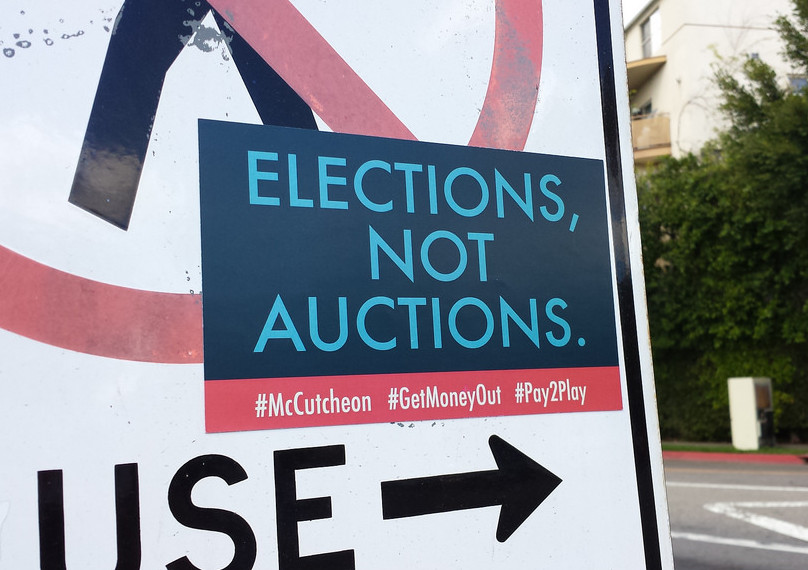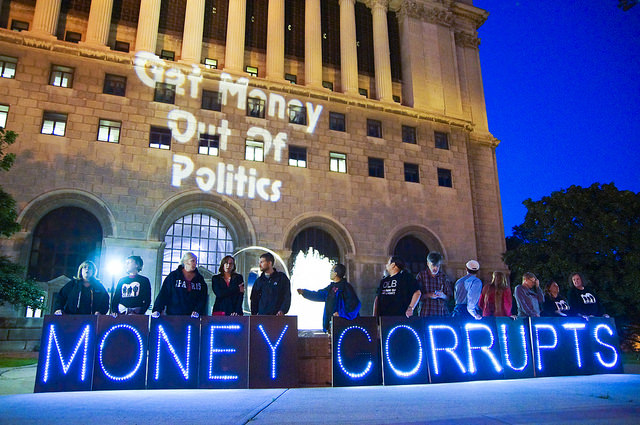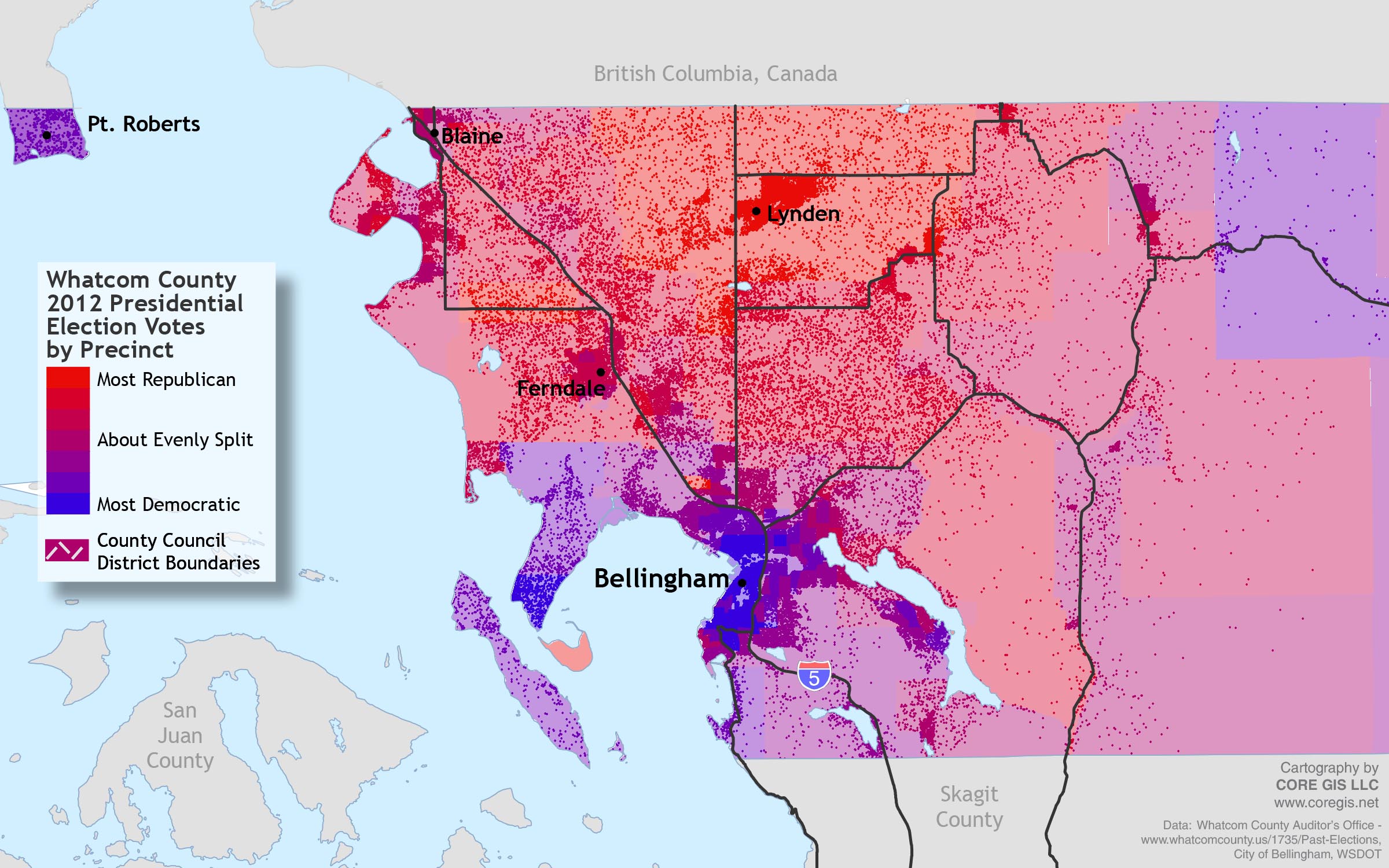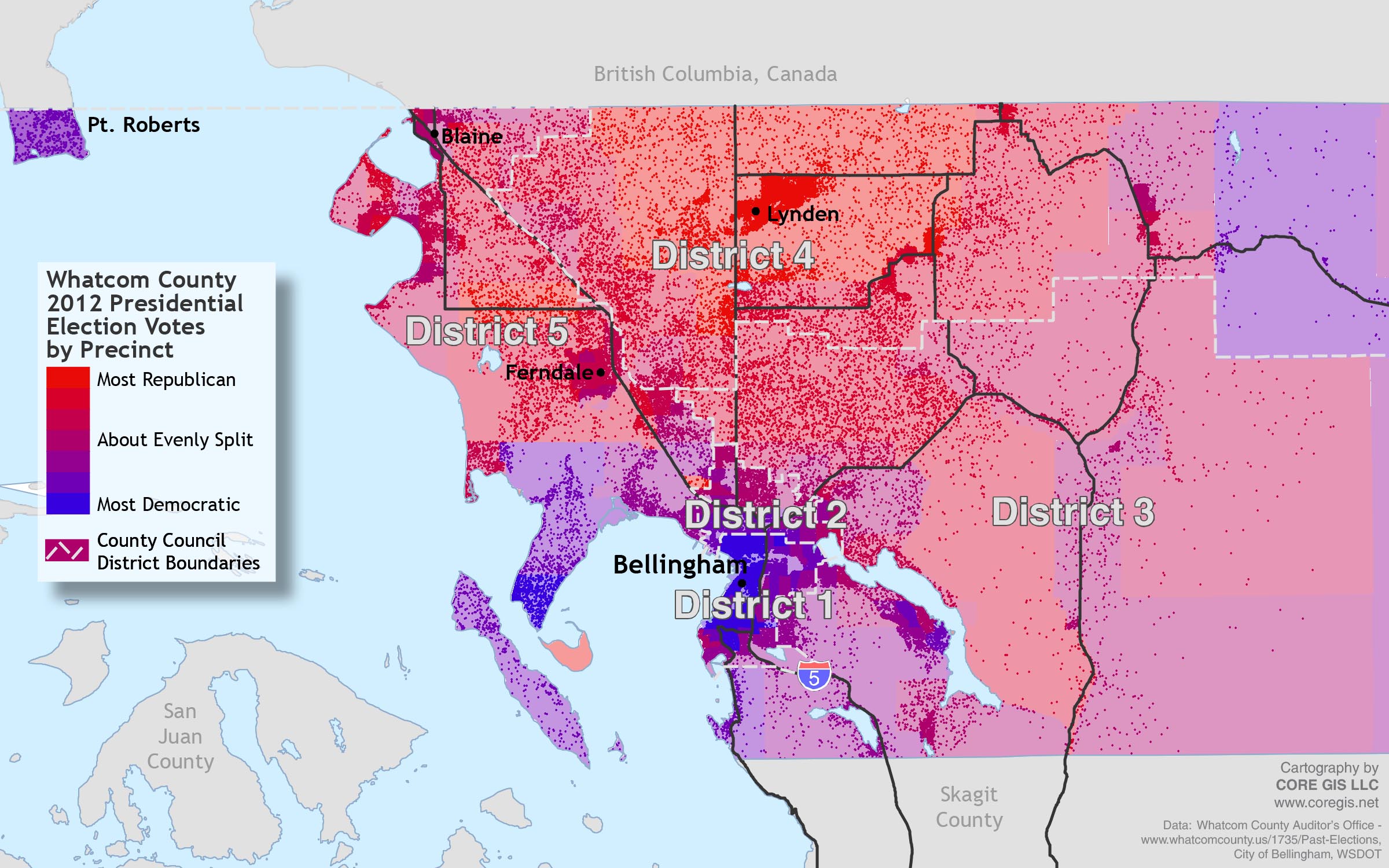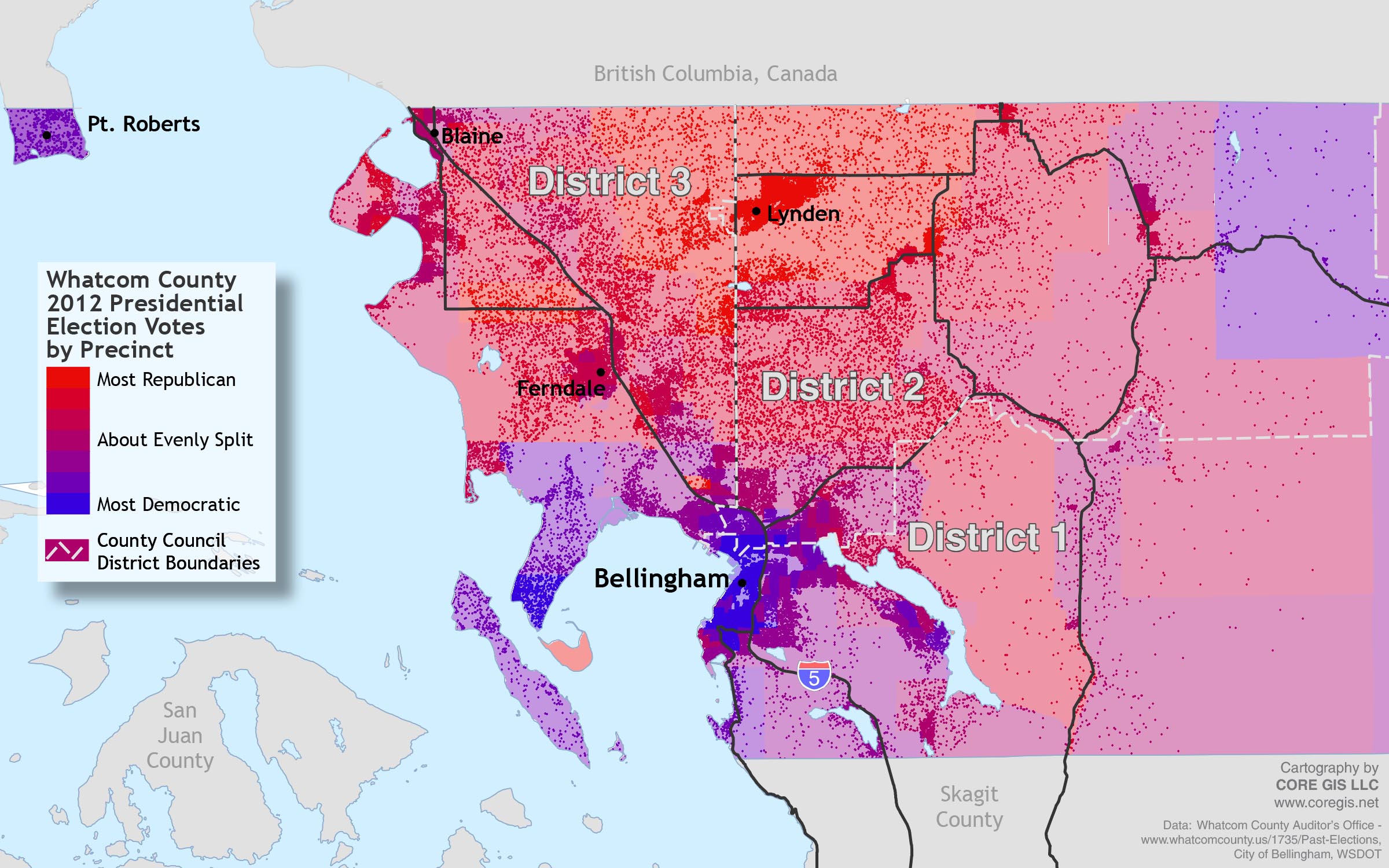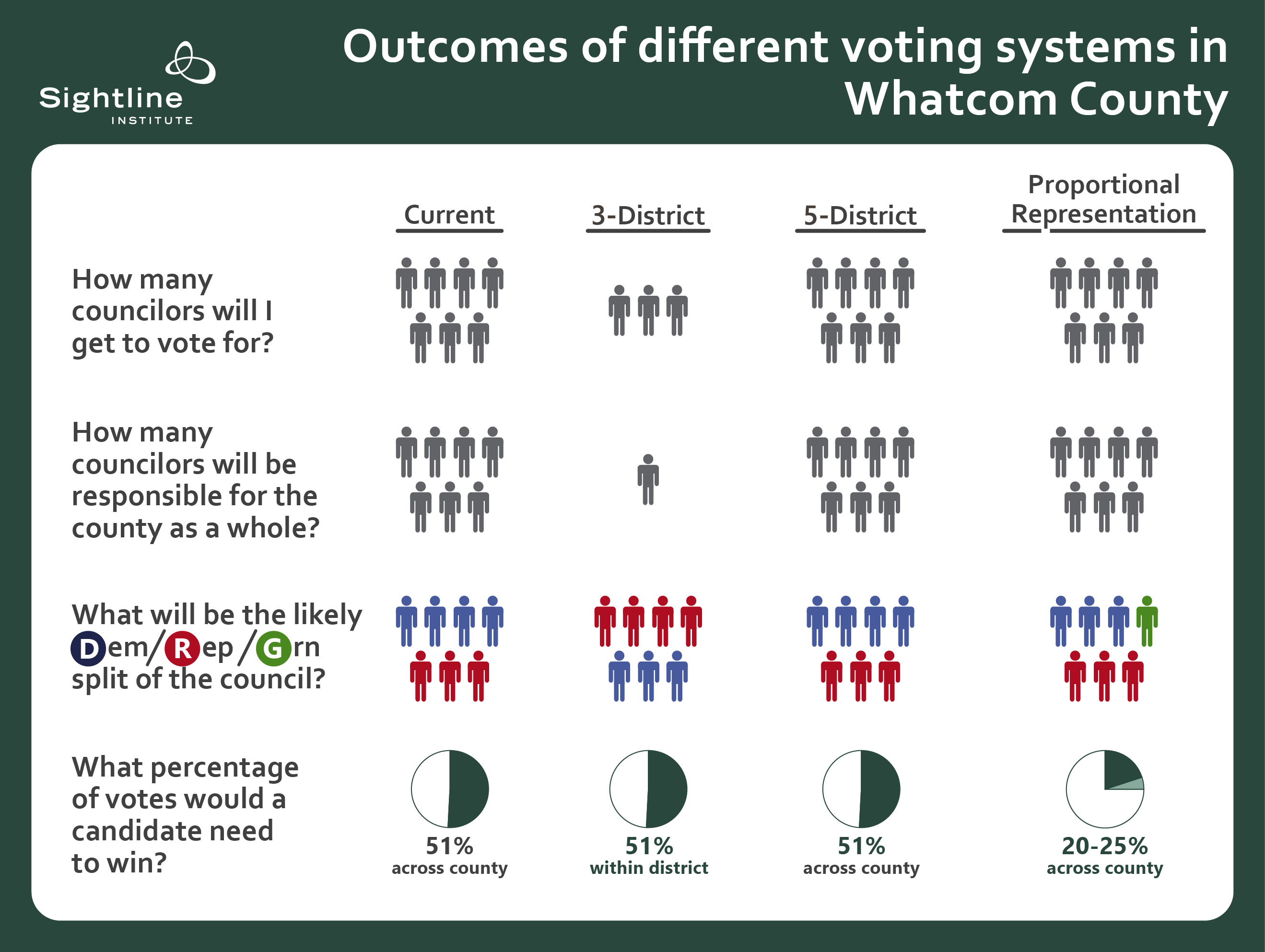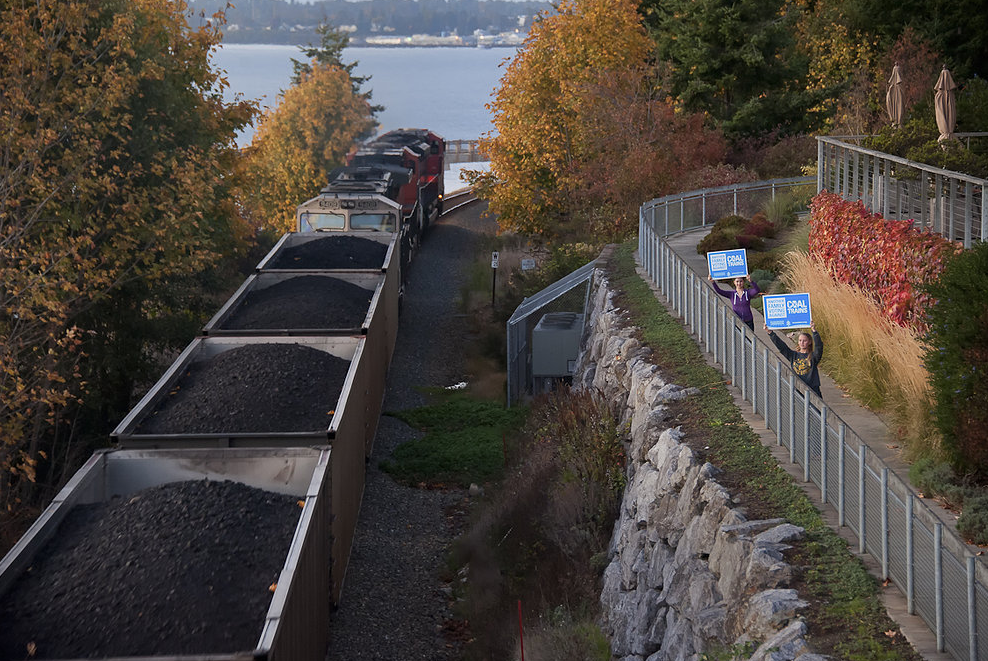Where did Honest Elections Seattle I-122 come from? Who’s behind it? Why vouchers? And what’s it all about? Sightline executive director Alan Durning recently spoke with KEXP Mind Over Matters host Diane Horn to address these questions and others. The full 25 minutes are worth a listen, and you can listen in here, but some highlights are below.
On how Honest Elections Seattle limits the power of Big Money to influence our elected officials and their policy decisions (5:30):
We’ve banned contributions from entities that spend a lot of money lobbying City Hall, and we’ve banned contributions from entities that make big money getting contracts from City Hall. A candidate shouldn’t be collecting money from businesses whose whole economic future depends on the regulations that those city councilors are making at that time.
The bottom line of “democracy vouchers” (7:30):
It will turn everyone from a dishwasher to a bank president into a $100 donor from the perspective of the candidate. It gives everyone a voice.
On why this is the best solution for democracy reform, even under decisions like Citizens United and McCutcheon (8:20):
